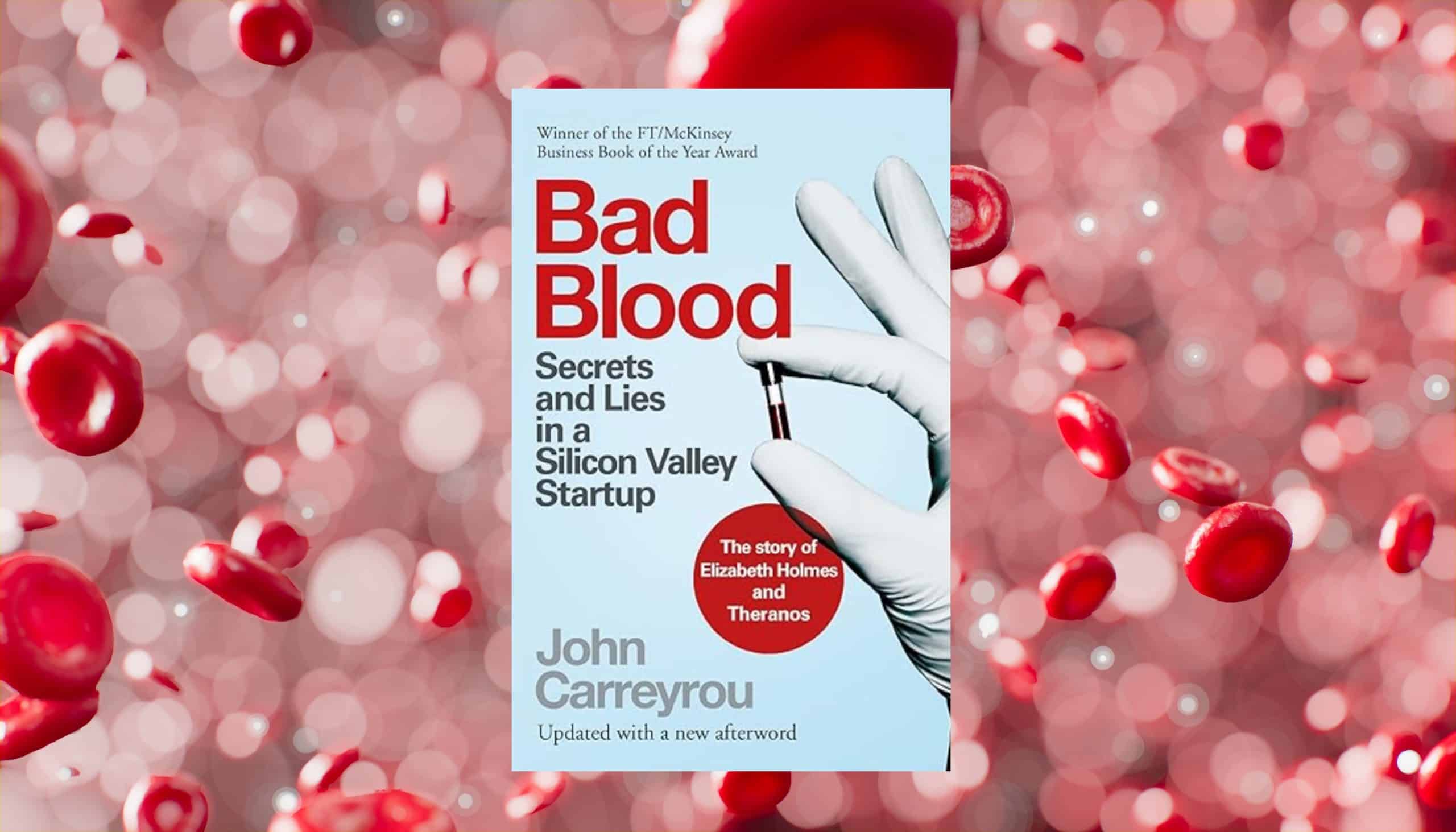 Richard Armitage is a GP and Honorary Assistant Professor at the University of Nottingham’s Academic Unit of Population and Lifespan Sciences. He is on X: @drricharmitage
Richard Armitage is a GP and Honorary Assistant Professor at the University of Nottingham’s Academic Unit of Population and Lifespan Sciences. He is on X: @drricharmitage
The combination of medicine, engineering and entrepreneurial fervour conspire to make the frontier of health- and biotech a captivating sector. With this in mind, the saga of Elizabeth Holmes and her Silicon Valley health tech startup Theranos is a cautionary tale for the actors, customers and commentators of this alluring space.
The combination of medicine, engineering and entrepreneurial fervour conspire to make the frontier of health- and biotech a captivating sector.
Bad Blood, the 2019 book (with a new 2023 afterword) by seasoned journalist John Carreyrou, offers a deep dive into the dramatic rise and fall of Theranos, a once-promising biotech startup in the US. In his 350-page real-life thriller, Carreyrou meticulously documents the story of Holmes – once the darling of Silicon Valley and the first female CEO of a unicorn startup (the venture capital term for a privately held startup company with a value of over $1 billion, such as SpaceX, OpenAI and Stripe) – and her company that promised to revolutionise patient blood testing with a device that could supposedly perform a wide range of tests with just a tiny drop of blood. The afterword details her landmark trial and prison sentence.
The book is a masterclass of investigative journalism that unravels the complex web of business incentives, financial incentives and ethical challenges that bedeck the health technology landscape. The character examinations and plot development produce a gripping exposé that feels like both a dystopian legend and a modern crime thriller, yet the account details the real-world fraud, negligence and full-blown deception of a startup that once had a valuation of billions of dollars.
While the move-fast-and-break-things attitude of Silicon Valley might be far away from the consulting room of the average GP, the insights offered by Bad Blood prove to be valuable with regard to the caution that must be exhibited around emerging health technologies that all GPs will increasingly rely upon. GPs depend on the diagnostic investigations they request to provide reliably accurate results. Without this trust, enormous patient harm would ensue through erroneous management plans founded on false-positives (such as unnecessary treatment and patient anxiety) and false-negatives (including inappropriate non-action and the uninterrupted progression of pathology), in addition to the harm caused by the public’s declining confidence in the medical professionals they must be able to trust.
…the dangers to patient safety of deploying unvalidated technologies into healthcare systems are real and profound.
Theranos also reminds us that, while innovative technological solutions become increasingly enticing potential solutions to the compounding problems of demand, cost, workforce and quality in the NHS, the dangers to patient safety of deploying unvalidated technologies into healthcare systems are real and profound. The book reminds us that, despite the mounting pressures on clinicians and the wider health service, the ethical standards of integrity, transparency and honesty that are required of medical professionals – including practitioners, researchers and policy-makers – remain critical to safe and effective medicine. The need for these professionals to work closely with the relevant regulatory bodies, such as the FDA in the US and its UK counterparts like the MHRA, is also highlighted as essential for the safeguarding of public health. This will become increasingly vital as the capabilities of emerging health technologies continue to advance.
In summary, Bad Blood is a deeply investigated and expertly narrated cautionary tale that will become progressively relevant to contemporary healthcare as the impact of the health tech landscape continues to scale.
Featured book: J Carreyrou. Bad Blood: Secrets and Lies in a Silicon Valley Startup. Picador, 2023. RRP £10.99. Paperback






